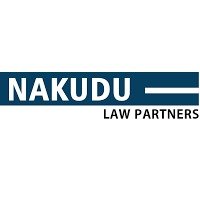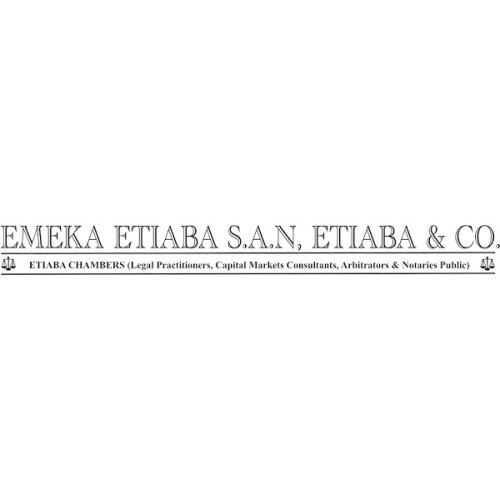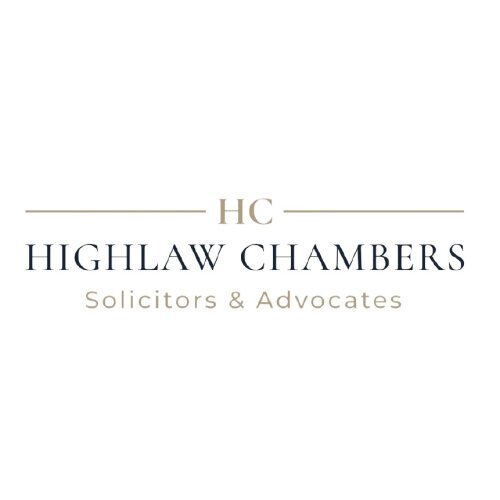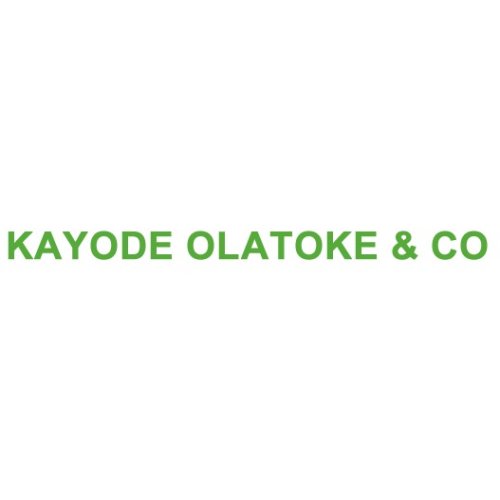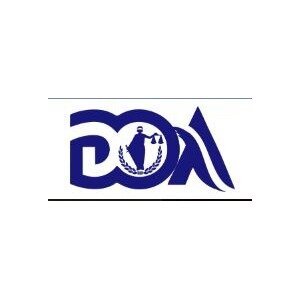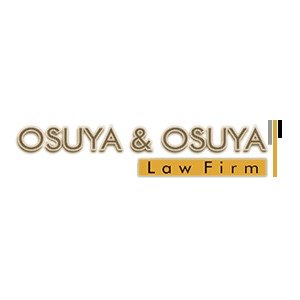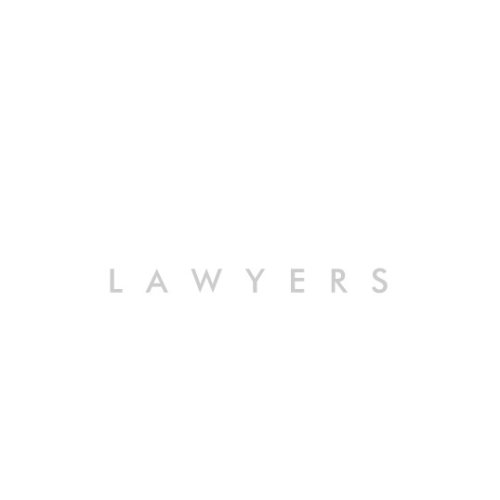Best Property Insurance Lawyers in Abuja
Share your needs with us, get contacted by law firms.
Free. Takes 2 min.
List of the best lawyers in Abuja, Nigeria
About Property Insurance Law in Abuja, Nigeria
Property insurance in Abuja, Nigeria, is a crucial aspect of managing risk for property owners. It provides financial protection against unforeseen damages to property due to events like fire, theft, flood, or other natural disasters. The insurance market in Nigeria is guided by regulations that ensure policyholders' rights are protected, and the sector operates efficiently. In Abuja, as elsewhere in Nigeria, property insurance is essential for safeguarding significant investments and providing peace of mind to homeowners and businesses alike.
Why You May Need a Lawyer
There are several situations where engaging a lawyer could be beneficial when dealing with property insurance issues:
- Policy Review: Understanding the terms and conditions of insurance policies can be complex. A lawyer can help interpret legal jargon and ensure that the policy meets your needs.
- Claims Disputes: If an insurance claim is denied or underpaid, a lawyer can provide legal representation to resolve disputes and negotiate settlements with insurance providers.
- Fraud: Cases of insurance fraud require legal expertise to navigate, whether you are a victim or accused.
- Litigation: If a claim results in litigation, legal counsel is essential to protect your interests and present your case effectively.
- Compliance: Ensuring compliance with local insurance laws and regulations can be challenging, and a legal advisor can provide valuable guidance.
Local Laws Overview
In Abuja, property insurance laws are influenced by national regulations, primarily enforced by the National Insurance Commission (NAICOM). Some key aspects include:
- Regulation of Insurance Companies: NAICOM ensures that insurance companies meet specific operational standards and have the financial means to fulfill their obligations to policyholders.
- Consumer Protection: There are provisions in place to protect consumers from unfair practices and to ensure transparency in the terms of insurance policies.
- Mandatory Insurance: Certain types of insurance, like third-party motor insurance, are mandatory in Nigeria, while others may depend on specific circumstances.
- Claims Settlement: Regulations exist to ensure that claims are handled in a timely and fair manner, with mechanisms for recourse if a settlement is unjust.
Frequently Asked Questions
What is covered under property insurance in Abuja?
Property insurance typically covers damages to physical property due to fire, theft, natural disasters, and other specified risks. Coverage details may vary by policy.
How do I file a property insurance claim in Abuja?
Notify your insurance provider as soon as possible, document the damage, and submit any required forms and evidence as outlined in your policy.
What should I do if my claim is denied?
Review the denial letter carefully, consult with a lawyer to understand your rights, and possibly dispute the claim with the insurance company if you believe it was unjustly denied.
Are there standard forms of property insurance available?
Yes, standard forms such as fire insurance, flood insurance, and theft insurance are available, but customization based on individual needs is common.
Can I insure a property I do not fully own?
Yes, as long as you have an insurable interest in the property, you can obtain insurance coverage for it.
How is the premium for property insurance determined?
Premiums are based on factors such as the property's value, location, risk exposure, and the level of coverage desired.
Is property insurance mandatory in Abuja?
While not all types of property insurance are mandatory, certain circumstances may require it, such as when taking out a mortgage.
What happens if I underinsure my property?
If your property is underinsured, you risk being unable to cover the full cost of damage or loss, which can result in significant financial strain.
Can I change my property insurance provider?
Yes, you can switch providers, typically at the end of your policy term or as allowed by your current policy's terms and conditions.
What recourse do I have if my insurance provider goes bankrupt?
NAICOM provides regulations for winding up insurance companies, and policyholders would typically be entitled to compensation from a guarantee fund or through legal action.
Additional Resources
For more information and assistance concerning property insurance in Abuja, consider the following resources:
- National Insurance Commission (NAICOM): The regulatory body overseeing insurance operations in Nigeria.
- Nigerian Insurers Association (NIA): Provides information about insurance companies and their services.
- Consumer Protection Council (CPC): Offers advocacy and support for consumer issues, including insurance.
- Association of Registered Insurance Agents of Nigeria (ARIAN): A resource for finding qualified insurance agents.
Next Steps
If you require legal assistance with property insurance, consider the following steps:
- Consult with a local lawyer who specializes in insurance law for personalized legal advice and representation.
- Gather all relevant documentation, including your insurance policy, correspondence with the insurer, and any evidence of claims.
- Explore alternative dispute resolution methods, such as mediation or arbitration, which can be quicker and less costly than litigation.
- Stay informed about your rights as a policyholder and any changes in property insurance laws that may affect your situation.
Lawzana helps you find the best lawyers and law firms in Abuja through a curated and pre-screened list of qualified legal professionals. Our platform offers rankings and detailed profiles of attorneys and law firms, allowing you to compare based on practice areas, including Property Insurance, experience, and client feedback.
Each profile includes a description of the firm's areas of practice, client reviews, team members and partners, year of establishment, spoken languages, office locations, contact information, social media presence, and any published articles or resources. Most firms on our platform speak English and are experienced in both local and international legal matters.
Get a quote from top-rated law firms in Abuja, Nigeria — quickly, securely, and without unnecessary hassle.
Disclaimer:
The information provided on this page is for general informational purposes only and does not constitute legal advice. While we strive to ensure the accuracy and relevance of the content, legal information may change over time, and interpretations of the law can vary. You should always consult with a qualified legal professional for advice specific to your situation.
We disclaim all liability for actions taken or not taken based on the content of this page. If you believe any information is incorrect or outdated, please contact us, and we will review and update it where appropriate.




